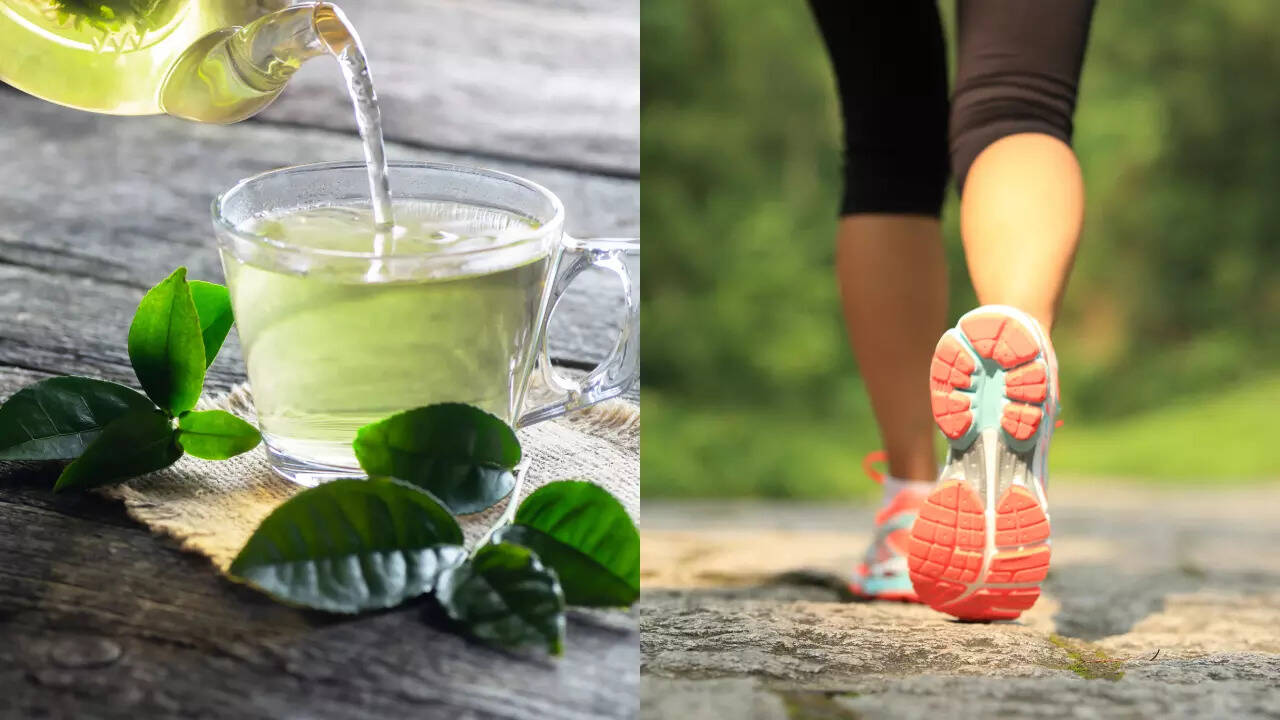Key Takeaways
- Matcha is a healthy, delicious drink you can safely enjoy in moderation that can help with energy, stress, and focus.
- While the tannins in matcha can block the absorption of some iron-rich foods, most people don’t need to worry about it.
- People who are at more risk of iron deficiency, such as those who are menstruating, are pregnant, or who follow vegan/vegetarian diets, may need to be more mindful of matcha’s effects on iron.
Matcha contains tannins and other compounds that can block iron absorption, but for most people, it’s not a major health risk. With a few simple tweaks, you can still enjoy matcha without worrying about your iron levels.
How Matcha Affects Your Iron Absorption
Matcha is a type of powdered green tea well known for its high antioxidant content. It also contains a unique combination of caffeine and L-theanine, a natural amino acid that has been shown to help with energy, stress, and focus, often making it a gentler alternative to coffee.
Matcha also contains tannins, a type of polyphenol that can bind iron in the digestive tract, making it harder for the body to absorb. Because matcha is much more concentrated than regular green tea, it contains more of these polyphenols that will block your body from absorbing iron.
“This mostly affects non-heme iron (from plants), not heme iron (from meat), which is absorbed more easily and isn’t as affected by polyphenols.“ Debbie Petitpain, MBA, RD, a spokesperson for the Academy of Nutrition and Dietetics, told Verywell.
Studies suggest even just one serving of green tea with a meal can reduce non-heme iron absorption by up to 60%-90%, with matcha having an even stronger effect on iron absorption, adds Petitpain.
What Iron-Rich Foods Are Affected?
Drinking matcha could affect the absorption of some plant-based sources of iron, including:
- Dark leafy greens
- Lentils
- Legumes
- Tofu
- Nuts
- Seeds
- Whole grains
Can Other Foods Block Iron Absorption?
Macha isn’t the only drink that can interfere with iron absorption. Other foods contain tannins and, when consumed in large amounts, could reduce how much iron your body takes in.
They include:
- Black tea
- Green tea
- Oolong, tea,
- Red wine,
- Cocoa
How Do You Know If You’re Iron-Deficient?
It can be difficult to tell when someone is experiencing iron deficiency, but some early signs include:
- Fatigue
- Pale skin
- Dizziness or lightheadedness
- Cold hands and feet
- Shortness of breath
- Chest pain
- Headaches
- Brain fog
- Brittle nails
If you’re unsure whether your iron levels might be low, ask your provider for testing, adds Petitpain, it’s easy, quick and covered by most health insurances.
Who Might Be More at Risk?
Matcha is safe for most people, but be careful if you drink it frequently or already struggle with low iron levels.
Those who should be more mindful of their matcha intake include:
- Pregnant and breastfeeding individuals: Their bodies use more iron than usual.
- Menstruating women: Regular blood loss can increase iron needs.
- Vegetarians or vegans: They rely on plant-based iron, and matcha could potentially block more of their iron intake.
How to Enjoy Matcha Worry Free
One cup of matcha daily is generally fine, but multiple servings or drinking it with meals can interfere with iron absorption, and the caffeine content can also add up, said Yoshua Quinones, MD, clinical instructor at NYU Grossman School of Medicine.
Matcha can contain up to 45 milligrams (mg) of caffeine per gram (g), while an 8-oz cup of brewed coffee may have up to 120 mg.
Quinones added that vitamin C enhances iron absorption by making it easier for your gut to absorb iron through a process called chelation and reduction.
Here’s how to best enjoy matcha while caring for your overall health:
- Stick to just one cup a day or about 1 to 3 g
- Drink it between meals, about 1 to 2 hours before or after eating
- Monitor your sugar intake since matcha is naturally bitter and is often paired with sweeteners
- Add vitamin C-rich foods, like citrus or bell peppers, to meals to boost iron absorption
Source link
:max_bytes(150000):strip_icc()/Screenshot2023-03-29at3.52.57PM-5d6d8b06e76a4c44835a5ca74a5e9cde.png)


:max_bytes(150000):strip_icc()/what-to-eat-before-and-after-getting-the-flu-shot-01-58a38415acff4a90b6add2459be9c75b.jpg)